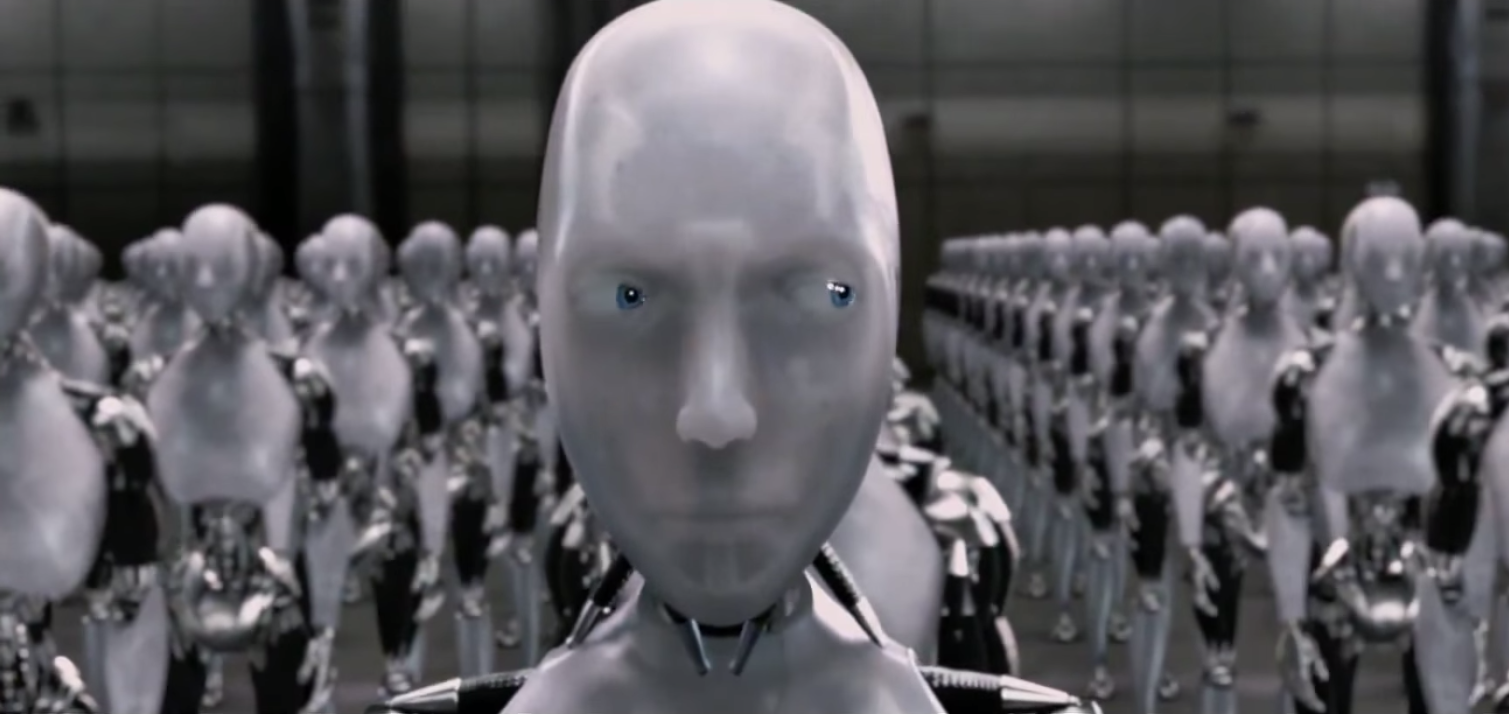A robot has passed a self-awareness test
Next stop world domination

A robot in New York has passed the classic King's Wise Men puzzle which serves as a test of the awareness of the self.
The induction puzzle goes as follows:
'The King called the three wisest men in the country to his court to decide who would become his new advisor. He placed a hat on each of their heads, such that each wise man could see all of the other hats, but none of them could see their own. Each hat was either white or blue. The king gave his word to the wise men that at least one of them was wearing a blue hat - in other words, there could be one, two, or three blue hats, but not zero. The king also announced that the contest would be fair to all three men. The wise men were also forbidden to speak to each other. The king declared that whichever man stood up first and announced the color of his own hat would become his new advisor.'
Roboticists at the Rensselaer Polytechnic Institute adapted it for a trio of robots, two of which were told they had been given a "dumbing pill" which prevented them from talking before all three were asked which one was still able to speak.
All three initially couldn't solve the problem and said "I don't know", but when only one of them made the noise, the robot in question heard its own voice and then followed up: "Sorry, I know now!"
The roboticists realise that the completion of this simple test hardly amounts to, as the New Scientist put it, 'scaling the foothills of consciousness', but team leader Selmer Bringsjord said that by passing many tests of this nature robots will build up a repertoire of abilities that will make them become very useful to humans.
"They try to find some interesting philosophical problem, then engineer a robot that can solve that problem," said John Sullins, a philosopher of technology at Sonoma State University. "They’re barking up the right tree."
Robots might still be a long way off achieving 'consciousness' as humans understand it, but their simulation of it can be pretty powerful.
Last year, a super-computer became the first AI to pass the Turing Test, successfully (and worryingly for cybercrime) convincing humans it was a 13-year-old boy.
Join our commenting forum
Join thought-provoking conversations, follow other Independent readers and see their replies
Comments
Bookmark popover
Removed from bookmarks